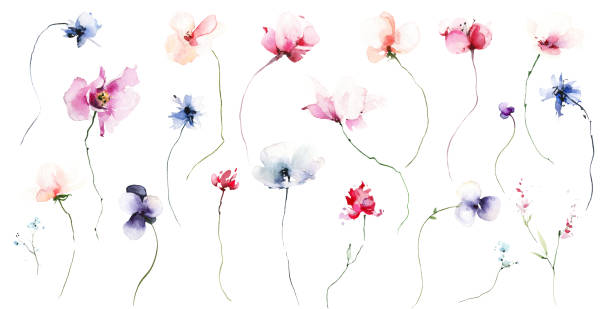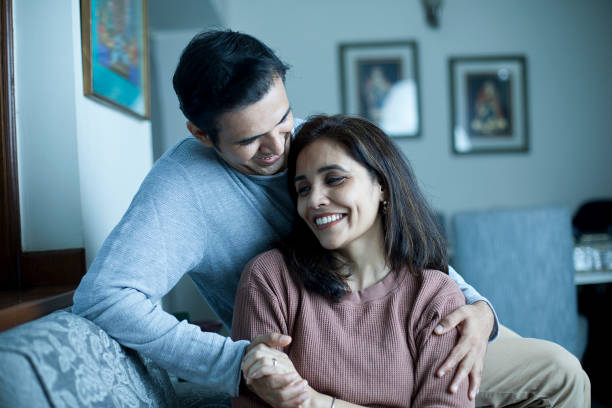A “friends with benefits” (FWB) relationship promises freedom and fun without the usual expectations of commitment. But even in these casual setups, feelings can develop, often complicating things. A question that often arises is: do men fall in love with their FWBs? And if so, how can one tell if deeper emotions are brewing?
What Defines a Friends with Benefits Relationship?
In its simplest form, a friends with benefits relationship is a consensual arrangement where two friends engage in a physical relationship without committing to a romantic partnership.
Typically, FWBs enjoy the best of both worlds: friendship combined with intimacy, minus the “serious” parts of dating. But despite the simplicity, the risk of developing feelings, especially after extended time together, is real.
Why Do Men Sometimes Fall in Love with FWBs?
While men are often viewed as capable of separating emotion from intimacy, emotional connections do happen. Here are some reasons why a man might fall for his FWB:
- Frequency of Interaction: Spending time together frequently creates familiarity, leading to comfort and closeness.
- Intimate Connection: Physical intimacy often sparks emotional responses, making it natural for one or both partners to develop stronger feelings.
- Shared Moments: A FWB arrangement often involves late-night conversations, laughter, and vulnerability—key factors in deepening emotional connections.
Signs He May Be Falling for His FWB
Noticing subtle changes in behavior can be a clue that your FWB is developing deeper feelings. Here are signs that he might be falling in love:
- He Wants to Spend More Time Together Outside of Intimacy: If he starts suggesting activities outside the bedroom, it’s a strong sign he wants more than just physical connection.
- He Becomes Protective: Noticing protective behavior, like getting jealous when others show interest in you, could signal deeper feelings.
- He Shows Interest in Your Life and Well-being: A guy who remembers small details about you and checks in frequently is likely invested in you beyond casual fun.
- He Expresses Vulnerability: Men in casual arrangements typically avoid discussing feelings. If he’s opening up emotionally, he might be growing more attached.
- He Avoids Other Romantic Pursuits: A big indicator is if he stops dating others, signaling he’s interested in building something exclusive with you.
Communicating Feelings in an FWB Arrangement
If feelings develop, open communication is crucial. Here’s how to approach this delicate conversation:
- Express Yourself Honestly: Acknowledge your feelings and ask if he feels the same.
- Discuss Future Expectations: If both of you are open to evolving the relationship, establish boundaries and expectations.
- Respect Each Other’s Response: If he doesn’t feel the same way, accept it graciously and decide if you want to continue or move on from the arrangement.
When the Feelings Aren’t Mutual
One risk of FWB arrangements is unreciprocated feelings, which can complicate the friendship. If he doesn’t share the same emotions, it may be necessary to end the physical aspect of your relationship to preserve your friendship and protect your feelings.
How to Keep FWB Arrangements Strictly Casual
If your goal is to keep things purely physical, here are some tips to prevent emotional attachment:
- Limit Non-Physical Interaction: Avoid spending time together outside of intimate settings, as this can build familiarity and attachment.
- Define Boundaries Early On: Agree on terms that restrict emotional discussions or activities that could lead to deeper bonding.
- Focus on Communication: Check in occasionally to ensure you’re on the same page and that neither party is developing unintended feelings.
Friends with benefits arrangements can work smoothly for those seeking a no-strings relationship, but emotions can sometimes develop, making it important to assess the situation honestly.
Whether feelings evolve into something more or remain casual, understanding the dynamics and communicating openly can help both parties navigate this complex type of relationship.








